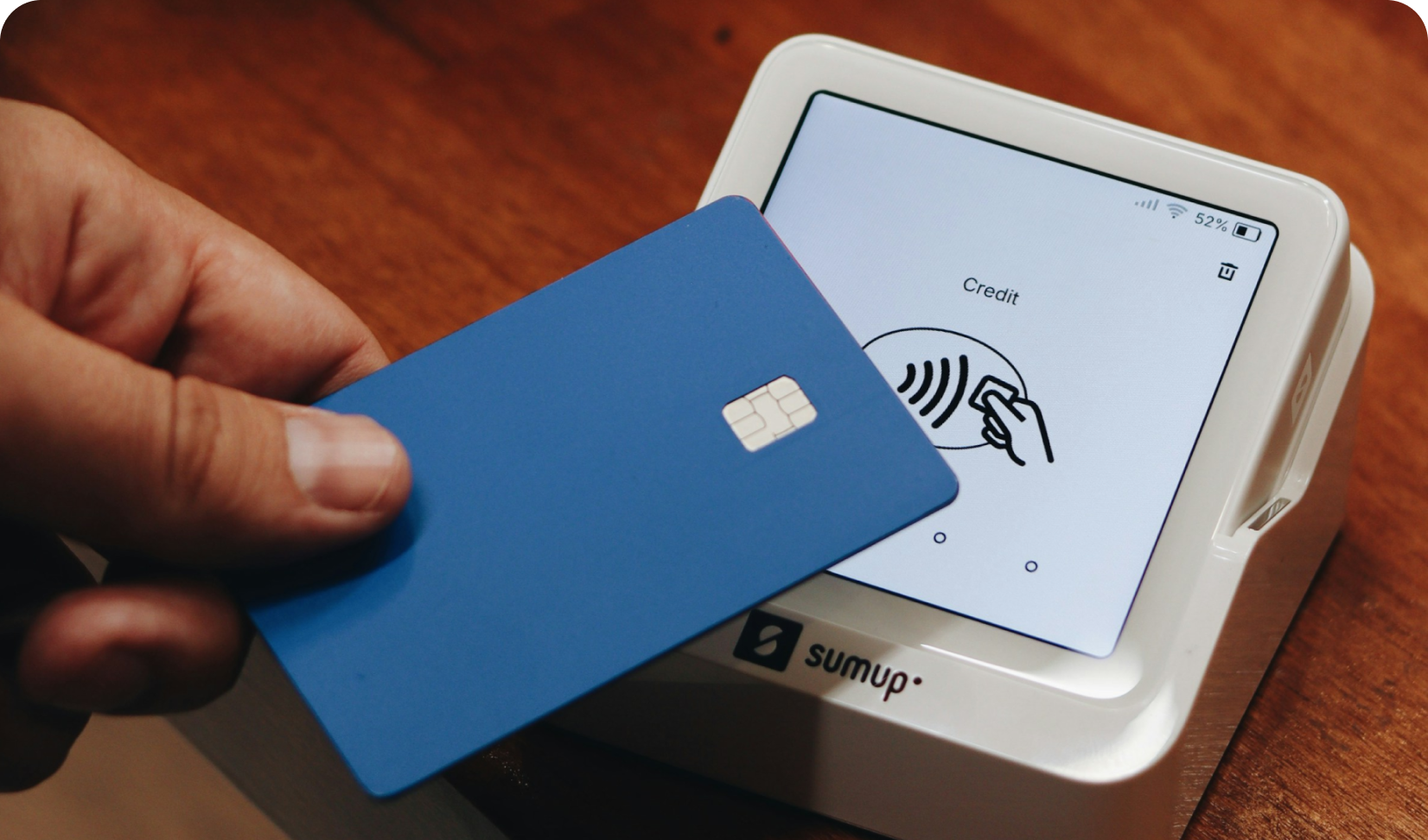Campaign Tracking: How to Measure Advertising Effectiveness
Appinio Research · 20.10.2022 · 6min read
Content
Advertising plays a crucial role in brand communication and can serve various purposes.
Typically, ads are used to raise brand or product awareness and to establish a desired brand image in consumers' minds. Ultimately, this can increase the likelihood of customers making purchases, using the product, and developing brand loyalty.
To ensure that advertising campaigns are placed in the most effective and efficient manner possible, it is vital to measure their effectiveness through regular brand tracking.
Alternatively, the impact of a campaign can be measured separately from the overall brand tracking by assessing its effectiveness before and after the campaign.
This allows for a more accurate assessment of immediate advertising effectiveness.
In this article, we're going to understand how to carry out a campaign tracking study and how you can benefit from it.
Can't wait to run your campaign tracking study? Talk to our experts!
How to measure the advertising effectiveness of campaigns
When it comes to measuring the effectiveness of advertising campaigns, using a well-designed questionnaire is crucial.
The questionnaire must align with the campaign's objectives and key performance indicators (KPIs) to ensure accurate evaluation of the campaign's performance.
The effectiveness of different advertising media is also evaluated to determine whether the advertising budget was utilized effectively.
This measurement covers all advertising channels, including TV, print, radio, online, social media, and digital out-of-home advertising.
To ensure that advertising budgets are not wasted on ineffective campaigns, companies should test their advertising designs before launching a campaign.
This involves assessing which message or design resonates best with the target audience.
Monadic surveys are a useful tool for determining how the target group evaluates advertising variations and which design has the most favorable influence on brand awareness, image, associations, or purchase intent.
Therefore, testing advertising media before a campaign launch is an essential component of campaign planning and optimization.
Campaign tracking measurements occur in several waves: before the campaign (pre-testing), at the start of the campaign, during the campaign in continuous intervals, and after the campaign (post-measurement).
To obtain valid survey results, a fresh sample must be randomly drawn from the target group. Reusing old samples can lead to biased results as participants may remember the previous survey and advertising.
By interlocking brand tracking and campaign tracking, companies can draw more accurate conclusions about whether the advertising campaign has influenced brand perception.
This is especially crucial for image campaigns.
Campaign tracking is not solely about measuring the impact or effectiveness of advertising but also about understanding the campaign's overall effect on the brand.
Sample questions to measure Advertising Effectiveness of campaigns
When measuring the effectiveness of advertising campaigns, it's important to ask the right questions.
Sample questions to ask in a campaign tracking survey could include:
- Has the target audience ever heard of the brand, product, or service before?
- Which advertising channels did the target audience encounter the advertising through?
- Was the advertising message understood by the target audience?
- Did the advertising motivate the target audience to take the desired action?
- Did the campaign impact brand perception and, if so, was it in line with the intended goal?
- Which advertising channel had the best effect within the media mix?
- Are there significant differences in the advertising effect between different segments of the target audience?
The questionnaire structure can be adjusted based on the specific goals of the campaign, but it's important to keep in mind that general questions about the advertising campaign can be asked too, followed by questions about campaign motives and specific perceptions or attitudes towards the brand (aided recall).
Tracking the brand's top-of-mind awareness and recognition rates can provide important indicators of the effectiveness of advertising measures.
Conclusions for Campaign Tracking
In conclusion, measuring the effectiveness of advertising campaigns is crucial for businesses to optimize their advertising strategies and ensure that their marketing budgets are being used effectively.
Through quantitative market research and campaign tracking, companies can evaluate the performance of their campaigns and determine the impact of their advertising efforts on brand awareness, image, and customer behavior.
Testing advertising materials and surveying target audiences before launching a campaign can also help ensure that the advertising message is meaningful, attention-grabbing, and understood by the intended audience.
By continually measuring and tracking campaign effectiveness throughout its lifespan, businesses can make informed decisions about their advertising efforts and make adjustments as needed.
Want to run your campaign tracking study?
To measure the advertising effectiveness of your campaign, you can access templates for questionnaires and sample surveys on campaign tracking on the Appinio Platform.
Get facts and figures 🧠
Want to see more data insights? Our free reports are just the right thing for you!


